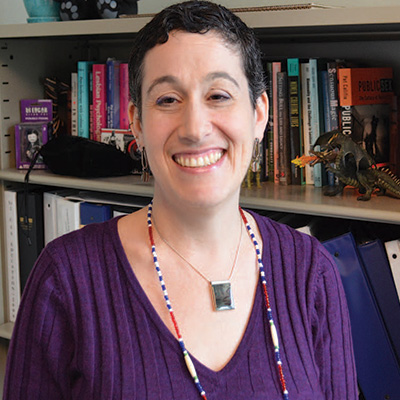UW clinical psychologist professor Debra Kaysen teaches a type of therapy that is easing the anguish of rape survivors in war-torn countries.
The therapy was so effective in the Democratic Republic of Congo it prompted one counselor to tell Kaysen: "When I first saw these women they were ashamed. They couldn't lift their heads up. Now, they glow."

That brought tears to the eyes of Kaysen, an adjunct professor of Global Health and a professor of Psychiatry. Kaysen worked with colleagues from Johns Hopkins University to adapt a treatment called cognitive processing therapy – which teaches people "the skill of thinking differently about your thinking," she says. "It's a little like doing yoga for your brain."
Survivors of sexual violence often second-guess and blame themselves, Kaysen says. Cognitive processing therapy helps them address their emotions, look at the trauma realistically, and realize they didn’t have control over the event.
Dr. Judy Bass at Johns Hopkins, Kaysen and colleagues conducted a randomized trial in 15 villages of the Congo, where nearly 40 percent of women have experienced sexual violence. The country has few mental-health services.
Treatment was brief – only 12 visits, administered by Congolese counselors. The results were dramatic. Six months later, only 9 percent of those who went through the therapy in groups still experienced depression, anxiety or post-traumatic stress syndrome, compared to 42 percent in the control group, whose participants received individual support. Results were published in the New England Journal of Medicine.
"It's good evidence for possible sustainability," Kaysen says. "We're hoping for funding to scale it up in the eastern region. The majority of rapes occur there."
